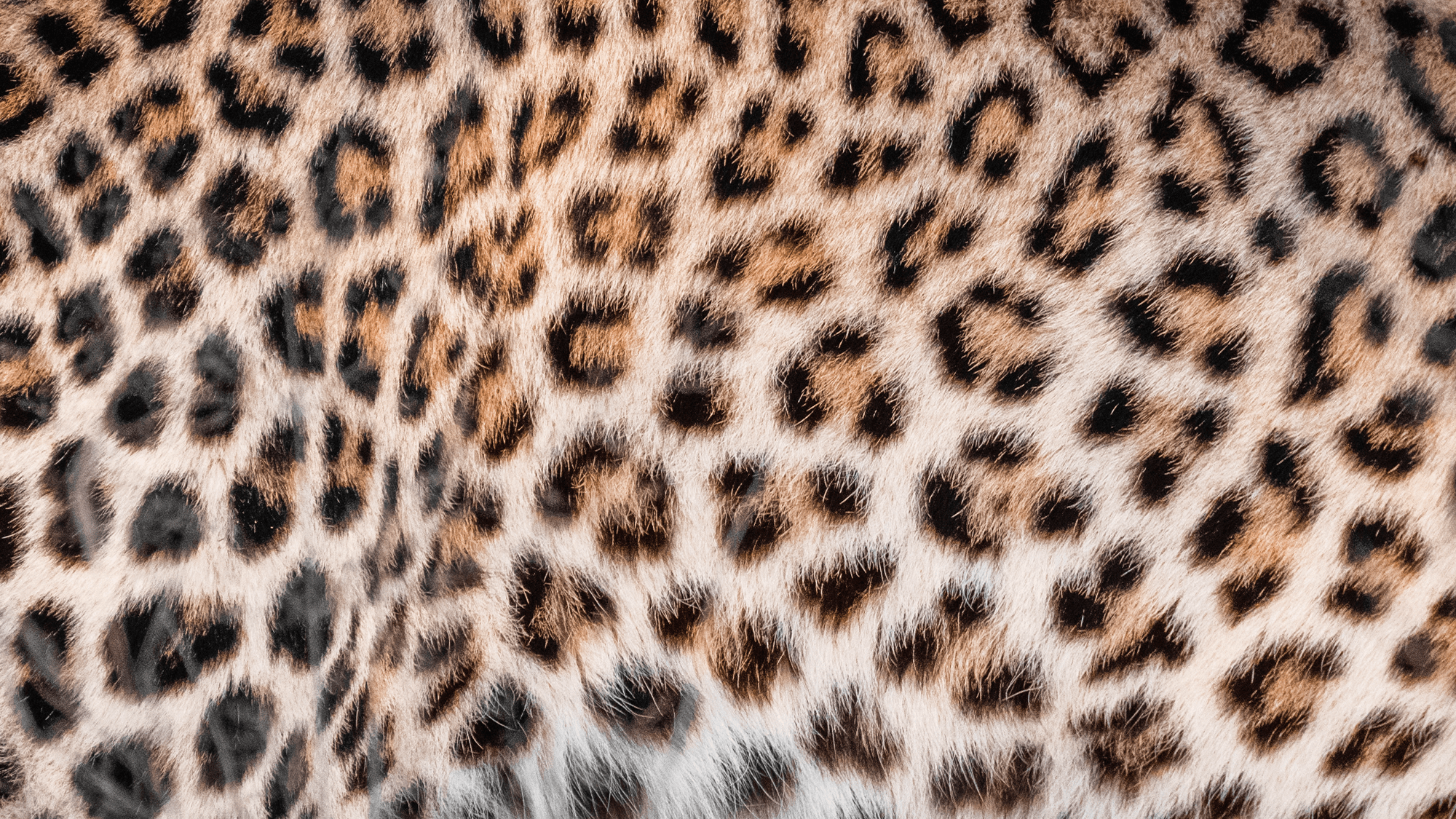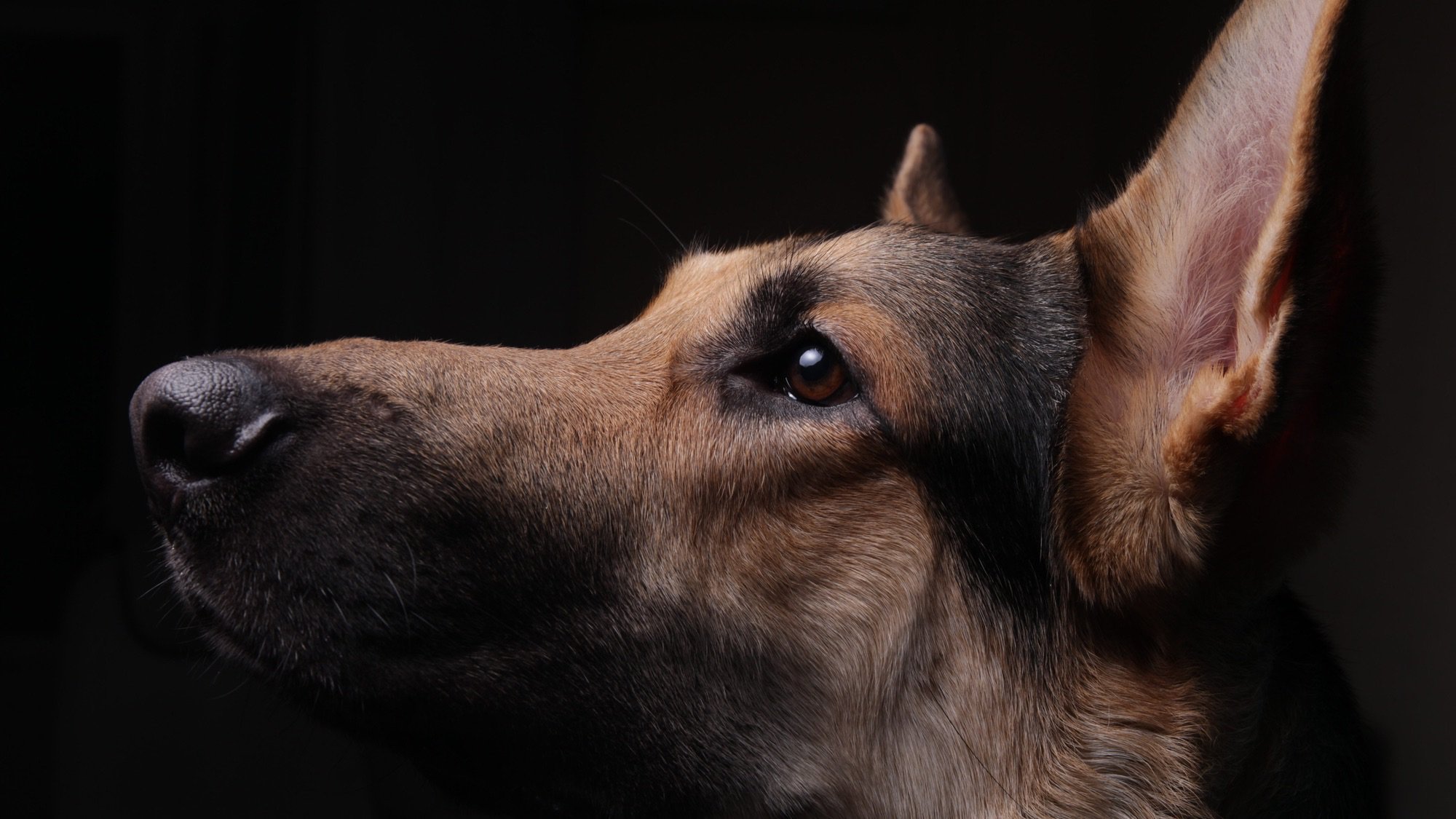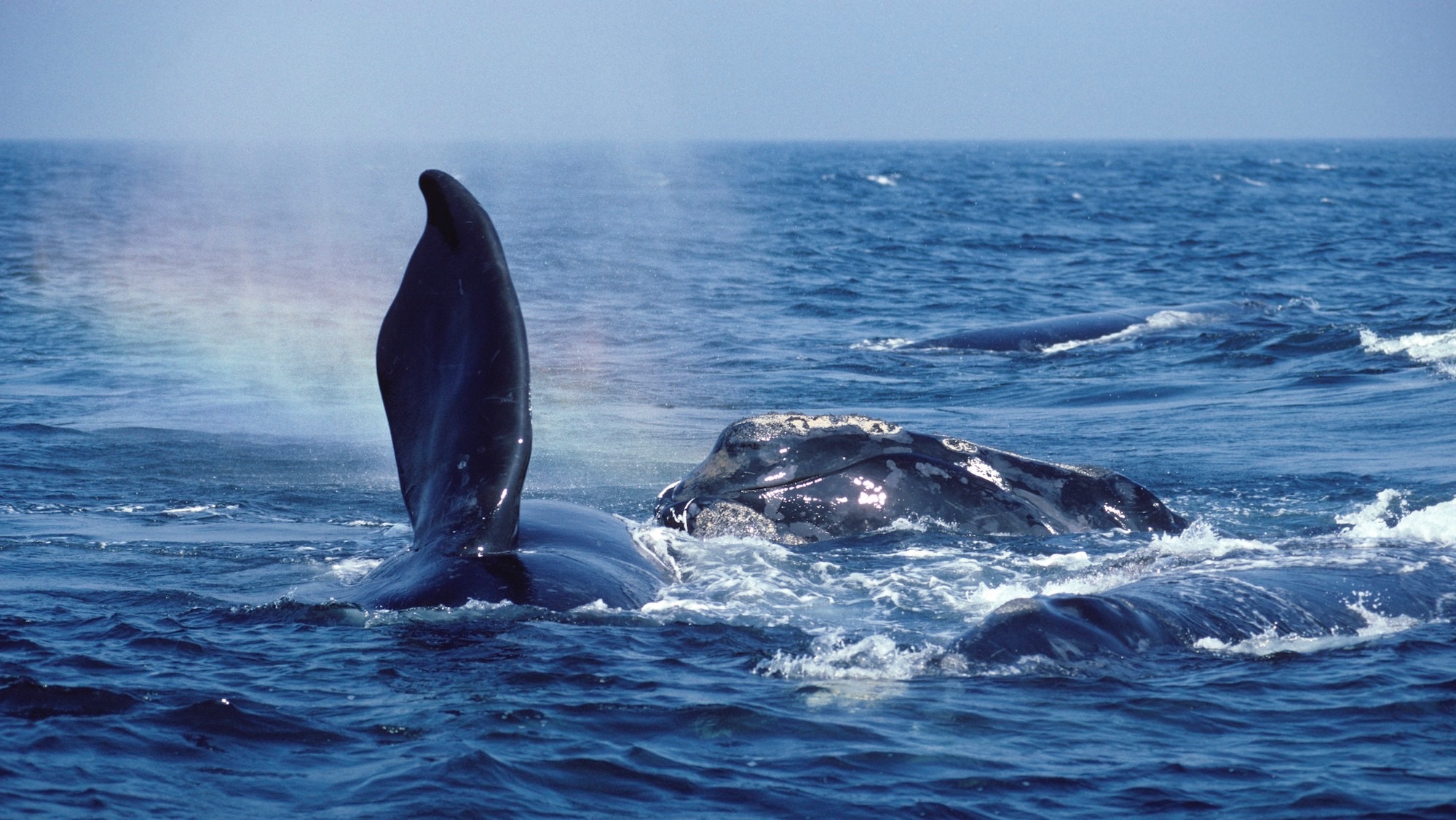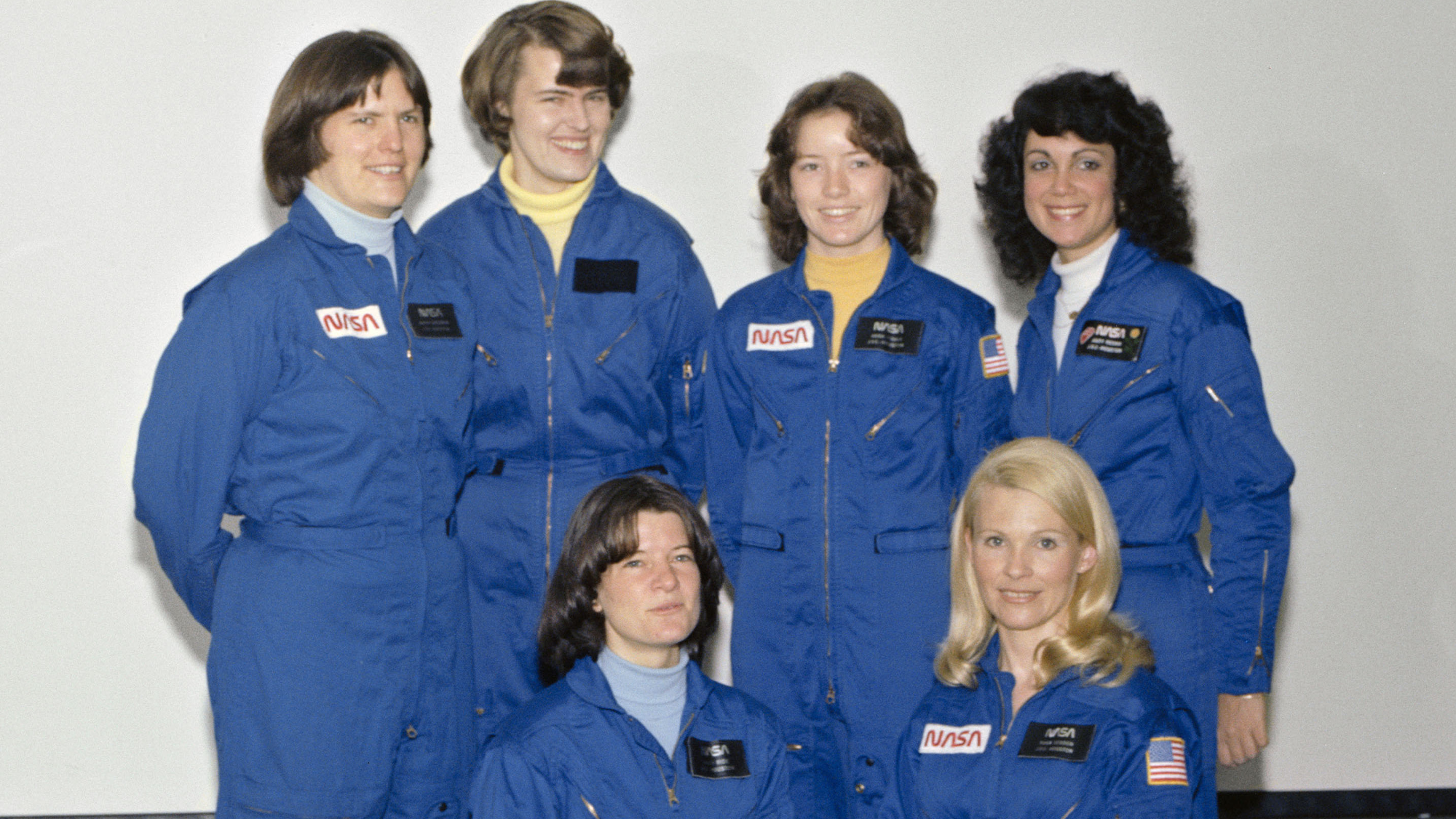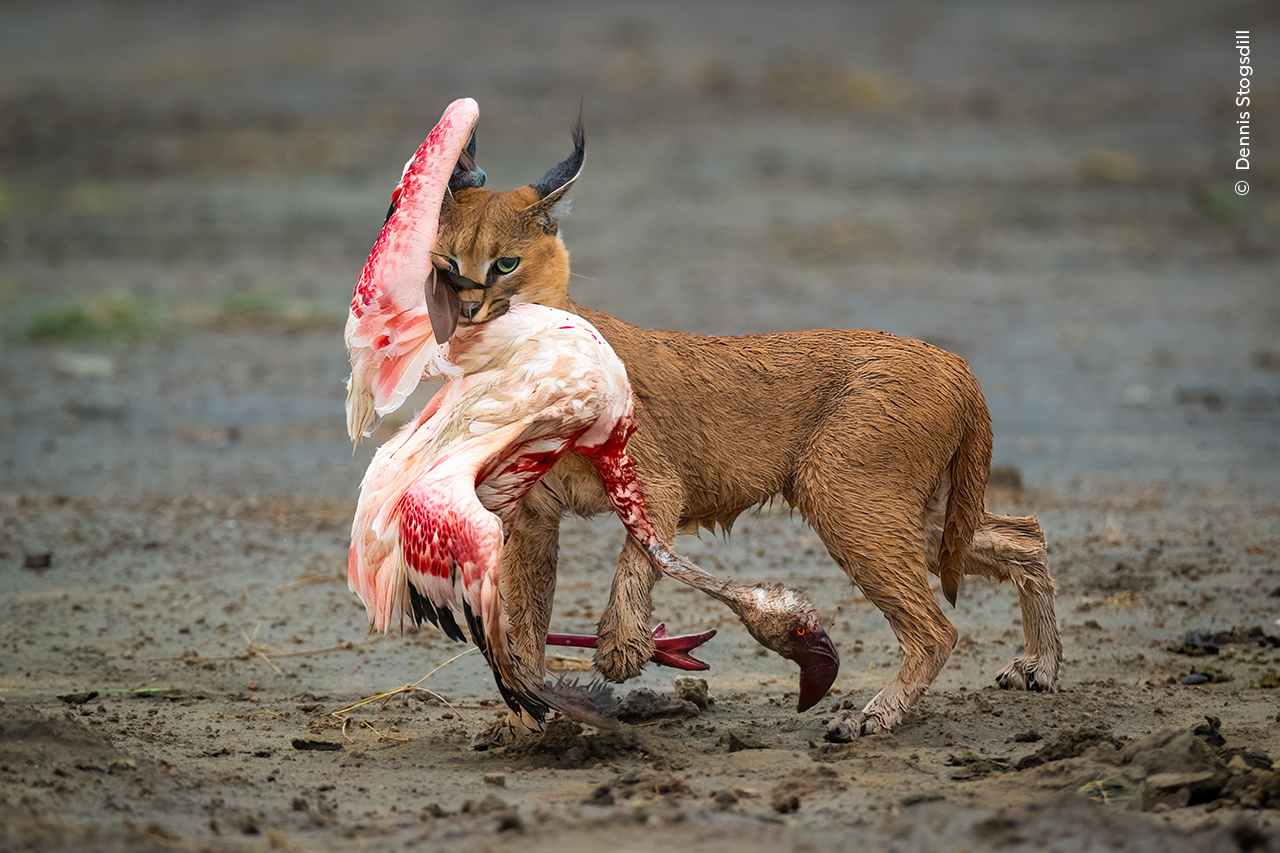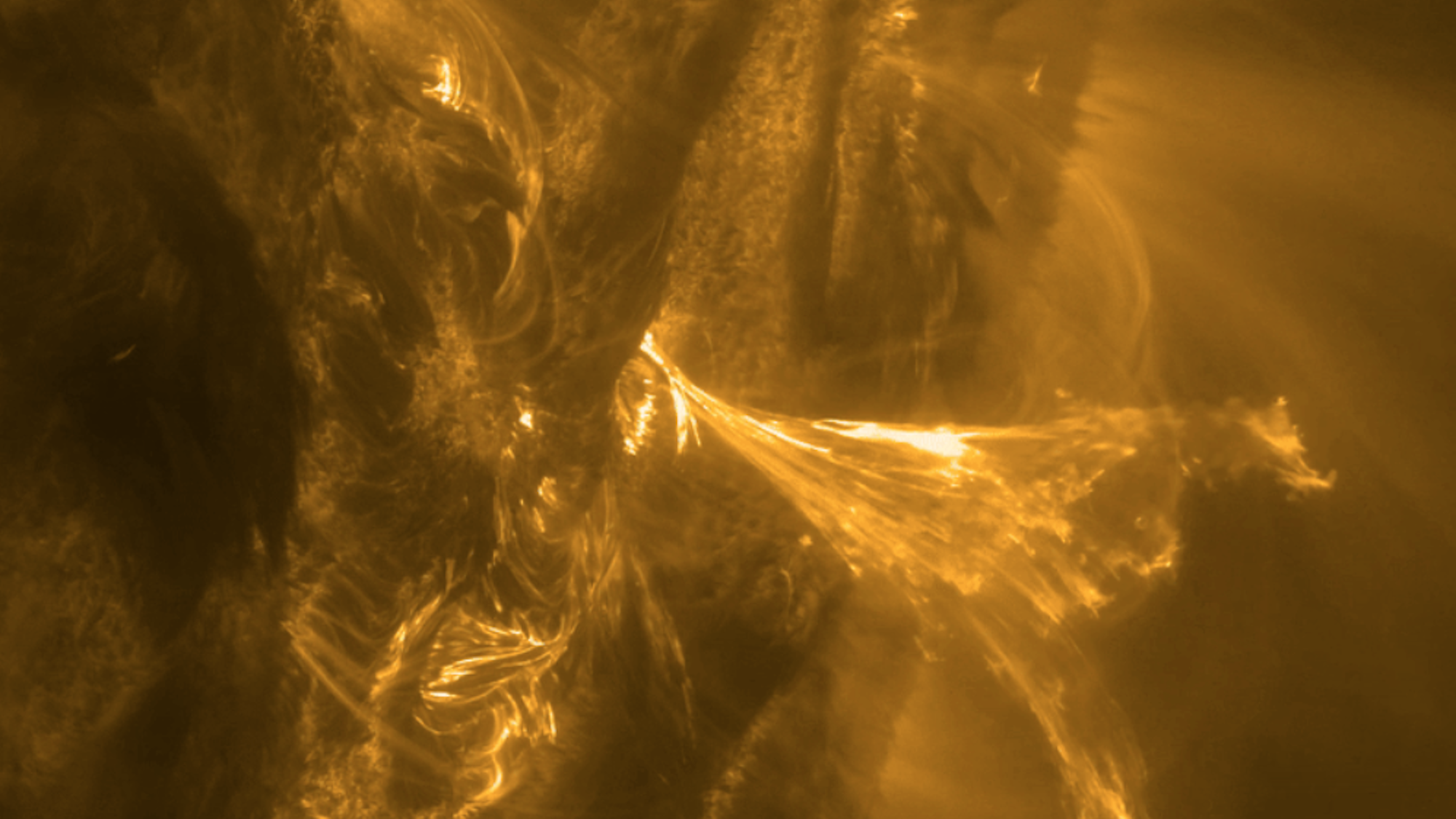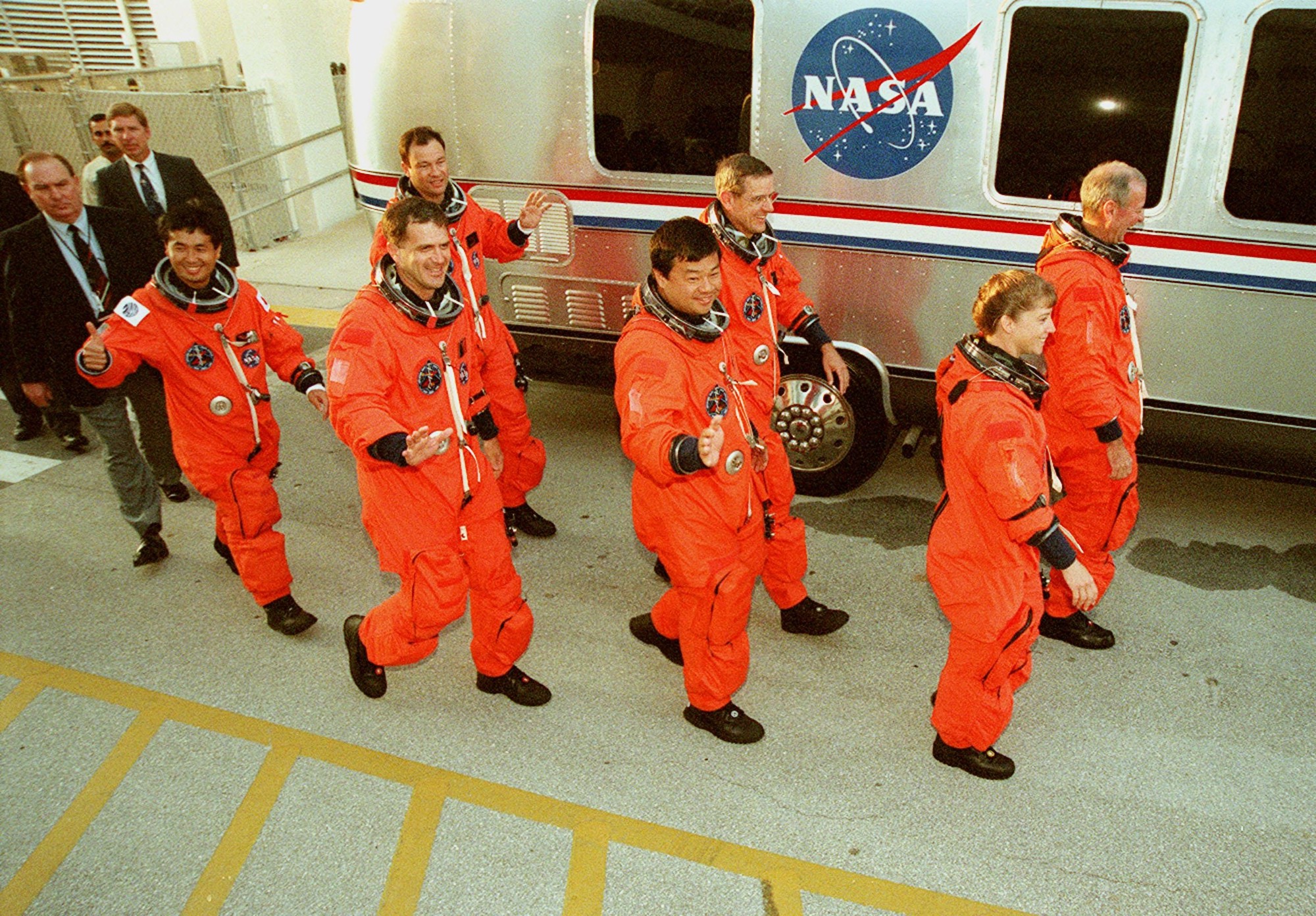Apple Maps in iOS 26 keeps track of your favorite places
PositiveScience

Apple has introduced a new feature in iOS 26 called Visited Places, which allows users to keep track of their favorite locations. This update is significant as it enhances the functionality of Apple Maps, making it easier for users to navigate and remember places they love. With this feature, Apple aims to improve user experience and engagement, reflecting its commitment to innovation in mobile technology.
— Curated by the World Pulse Now AI Editorial System
